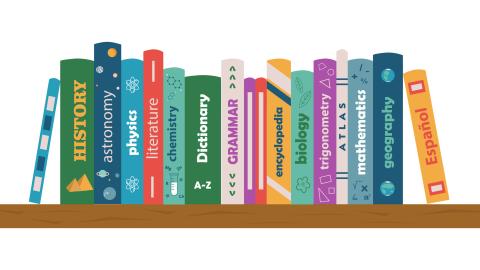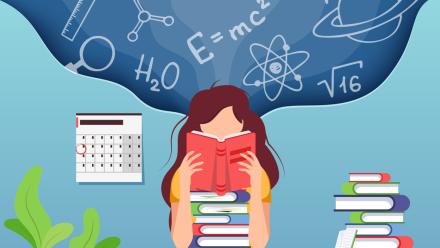Unlike most elementary grade level colleagues, middle and high school teachers in the United States are expected to be highly knowledgeable in a specific discipline or content area while infusing literacy supports into their instruction. Secondary teachers are asked to balance teaching required content while developing complex and sometimes foundational literacy skills typically for 50-100+ students a day. It is quite an amazing feat when done well, and completely impossible without knowledgeable content teachers.
Content Teachers Are Essential
How do your students make sense of their chemistry text or math theorem? Are they adept at framing a written argument about historical events? Each of these exercises requires students to think and write in different ways that are unique to a particular area of study.
As a content expert, your deep knowledge of your discipline and how to think and act like a historian, biologist, or mathematician is essential in building students’ reading, writing, and thinking skills. You may not think of yourself as a reading teacher, but your students’ road to becoming literate in math, science, history, and more, is dependent on your content-specific reading and writing instruction.
You Are the Expert
Dr. Cynthia Shanahan explains how each discipline asks its own sorts of questions.
Related Resources
Blog: Shanahan on Literacy
Disciplinary Literacy: The Basics
Background Knowledge



